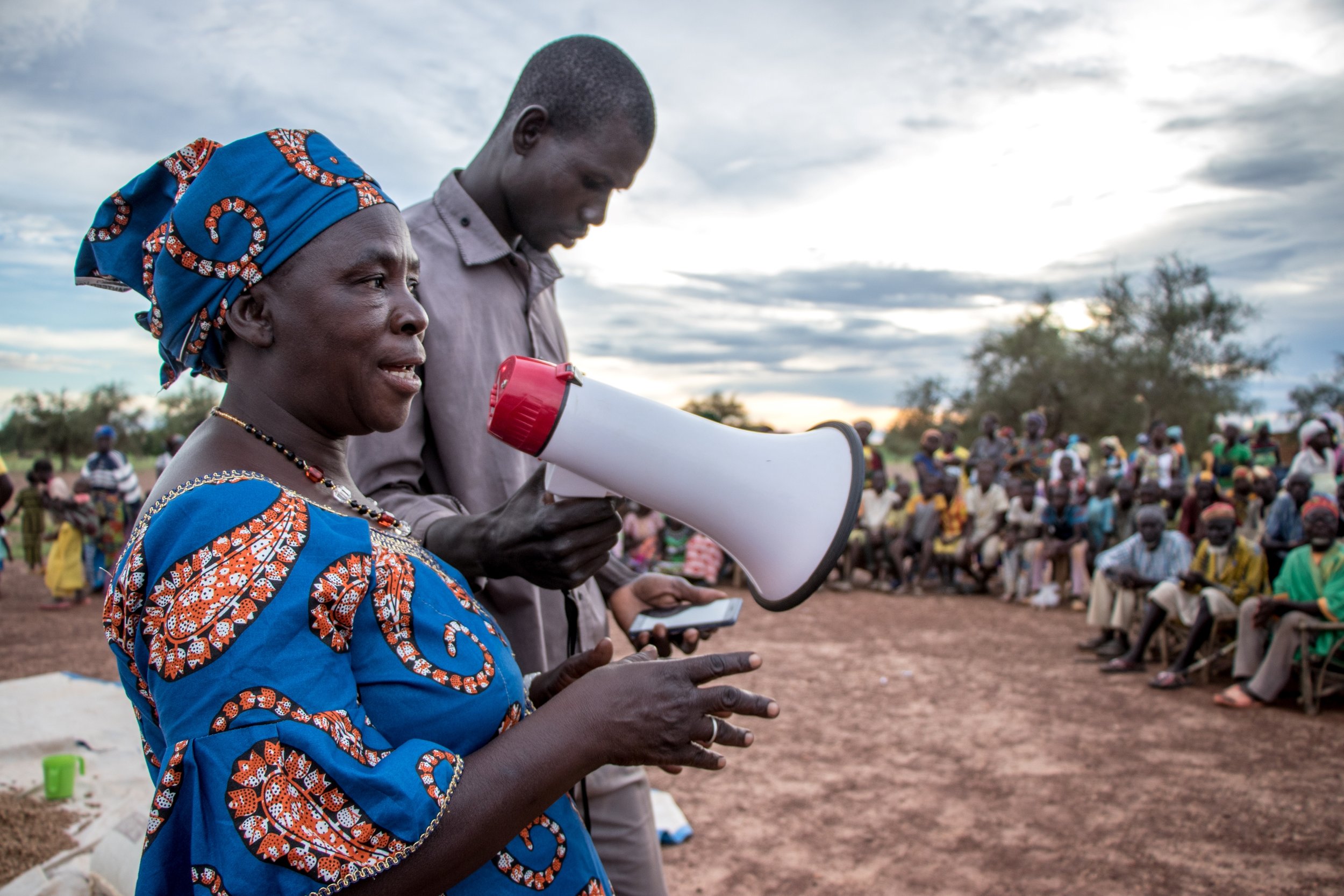Resources
Search our resources
Or filter resources by
Country/region
- Afghanistan 2
- Africa 32
- Americas 3
- Asia 11
- Bangladesh 3
- Belarus 1
- Burkina Faso 3
- Caribbean 7
- Chad 1
- Colombia 3
- Cote D'Ivoire 1
- DRC 1
- Dominica 2
- Ethiopia 3
- Europe 10
- Fiji 6
- Global 57
- Guinea 1
- Haiti 4
- Hati 1
- Horn of Africa 8
- Indonesia 1
- Iraq 1
- Kenya 10
- Libya 1
- Malawi 1
- Middle East 9
- Morocco 2
- Mozambique 4
- Myanmar 2
- Nepal 3
- Niger 2
- Pacific 19
- Pakistan 4
- Palestine 3
- Papua New Guinea 10
- Philippines 6
- Sierra Leone 1
- Somalia 3
- South Sudan 2
- Southeast Asia 7
- Sudan 5
- Syria 3
- Turkiye 3
- Ukraine 6
- Vanuatu 5
- Yemen 1
- Zimbabwe 1
Topic
- #safeai 3
- #safeaihumanitarianengagement 1
- #safeaiparticipation 3
- AI 7
- CDAC Public Forum 12
- COVID-19 12
- DEPP 7
- Ebola 1
- Lebanon 1
- Local Lifelines 3
- Myanmar 1
- National Platforms 9
- PSEA 2
- SMS 2
- Sudan 3
- accountability 47
- capacity bridging 15
- cholera 2
- climate 11
- co-design 3
- communication 110
- community engagement 80
- conflict 18
- coordination 51
- cyclone 3
- development 1
- digital 30
- disability 2
- disaster 41
- displacement 14
- drought 3
- earthquake 13
- feedback 7
- financing 5
- floods 3
- health 16
- hotline 1
- hurricane 2
- inclusion 11
- information 70
- information integrity 5
- journalism 31
- localisation 28
- media 50
- media development 3
- misinformation 6
- needs assessment 7
- participation 13
- perceptions 1
- policy & advocacy 15
Collaborating locally and globally on a national CCEA platform in Burkina Faso
This case study looks at how localisation of CCEA approaches in Burkina Faso were facilitated with the help of strong local leadership and international support, in a collaborative approach that produced significant results.
Is technology broken? Insights from the 2020 CDAC General Assembly and Public Forum: part two
How do we make technology inclusive, fair and accessible? Read insights from the 2020 CDAC AGA and Public Forum, ‘Accountability in the age of the algorithm: championing pathways to inclusion in tech-driven futures’, where interdisciplinary experts wrestled with the dual problems of equity and efficacy.
Imagining a world beyond white privilege – insights from the 2020 CDAC General Assembly and Public Forum: part two
From the 2020 CDAC AGA and Public Forum, ‘Accountability in the age of the algorithm: championing pathways to inclusion in tech-driven futures’, a fundamental challenge to the systems of inherent privilege on which today’s aid sector is built and how they intersect with new technology.
Improving the response to COVID-19: lessons from the humanitarian sector around communication, community engagement and participation
As the world grapples with successive waves of COVID-19, what lessons can we learn from other health emergencies and humanitarian crises to develop a more effective and accountable response to the pandemic?
Vanuatu: Responding To Disaster (Copy)
Tropical Cyclone Harold was the first time the CCE Sub-Cluster in Vanuatu was activated in an emergency, and its preparedness work put to the test. This photo essay outlines what happened.
Information management functions of an inter-agency AAP/CCE working group
Guidance developed for AAP/CCE information management officers.
Support models for local humanitarian innovation: how to provide impactful support for grassroots solutions
Inclusive approaches to humanitarian action are gaining ground and growing in number. Here’s what this looks like in practice.
Accountability in the age of the algorithm: championing pathways to inclusion in tech-driven futures
Concept note and background for the 2020 CDAC Network Public Forum.
Operationalising localisation and the ‘Participation Revolution’: communications preparedness and accountability for disaster response in Fiji and Vanuatu
A summary of findings from the joint Fiji–Vanuatu knowledge and learning event.
Situational analysis of communication, community engagement and accountability in Burkina Faso
From the scoping mission of the status of response-wide Communication, Community Engagement and Accountability towards Affected Populations (CCEA) in Burkina Faso
Technical training: communication and community engagement in humanitarian response – a facilitator’s guide
A guide for facilitators conducting training on communication, community engagement and accountability.
Community-centred design and humanitarian innovation
Opportunities and challenges of leveraging human-centred design for more effective humanitarian innovation.
Business models for innovators working in crisis response and resilience building
Exploring scalable business models for humanitarian innovation.
Community and organisational perceptions on feedback: Cyclone Idai response, Mozambique
In this perceptions survey, we spoke to communities that had been affected by the Cyclone and had received aid to ascertain the perceived levels of community engagement from organisations that responded.
Anti-corruption and PSEA posters for Mozambique – in Portuguese, Ndau, Chwabo and Sena
Download anti-corruption posters and posters raising awareness of sexual exploitation.
Communicating with communities in Mozambique after Cyclone Idai
This photo story from the CCEA coordinator for the Cyclone Idai crisis illustrates some of the critical work that was done to get information to those most affected by the disaster.
Fiji Media, Language and Telecommunications Landscape Guide
The Fiji Media, Language and Telecommunications Landscape Guide supports the coordination of CCE activities, particularly in preparation for an impending disaster and during the response phase.
Accidental and intentional innovation: valuing what’s there – Public Forum report
This report summarises the main themes raised during the 2019 CDAC Network Public Forum and offers solutions to some of the innovation challenges facing the humanitarian system.
Accidental and intentional innovation: valuing what’s there
Written in advance of the 2019 CDAC Network Public Forum, this background paper looks at the evolution of innovation in the humanitarian sector.




















